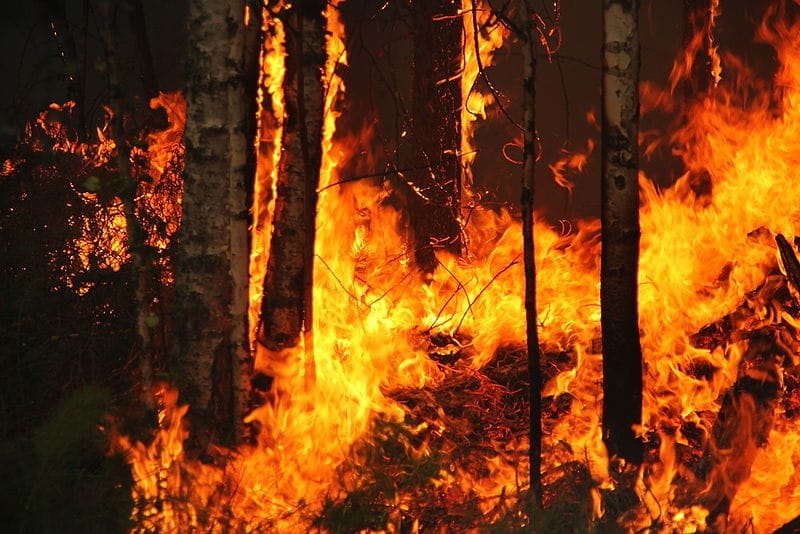Will Indonesia’s ratification of the ASEAN Agreement on Transboundary Haze help our fight against the long-standing public health and environmental crisis?
The SIIA deputy director Chua Chin Wei tackled the question in this interview with Lianhe Zaobao.
Q: What will the next steps be for Indonesia following the ratification of the haze agreement?
Mr. Chua: The next step for Indonesia is really to introduce laws to rein in illegal burning. But we are unlikely to see immediate implementation. The budget for 2015 has been fixed. There is a limit as to how much resources can be deployed to drive the enforcement. But with the ratification, Indonesia will likely be able to share more data with Singapore to complement our haze law.
Q: What are the causes of the fire?
Mr. Chua: Fires can be man-made or natural. Many plantations in Indonesia are on peatlands, which are easily combustible during the dry season.
Q. You recently visited Indonesia’s National REDD+ (Reducing Emissions from Deforestation and Forest Degradation) Agency in Jakarta. Can you tell me more about it?
Mr. Chua: The SIIA team visited REDD+ to observe the online fire monitoring system in its office. The system can provide a clear idea of where the hotspots are found, but overlapping concession boundaries remain a problem. But such advanced surveillance technology will likely help keep the companies on their toes.
Q: How do you think the incoming president Joko Widodo will take things forward?
Mr. Chua: Jokowi has two options. One is to sign the agreement into law and then persuade ASEAN countries to agree to a broader pact on sustainable development. The second option is to delay the signing and use it as a bargaining tool with ASEAN members. He is likely to go with the first option given his very driven nature.
This interview was originally published in Lianhe Zaobao on 17 SEP 2014.




